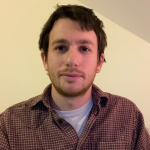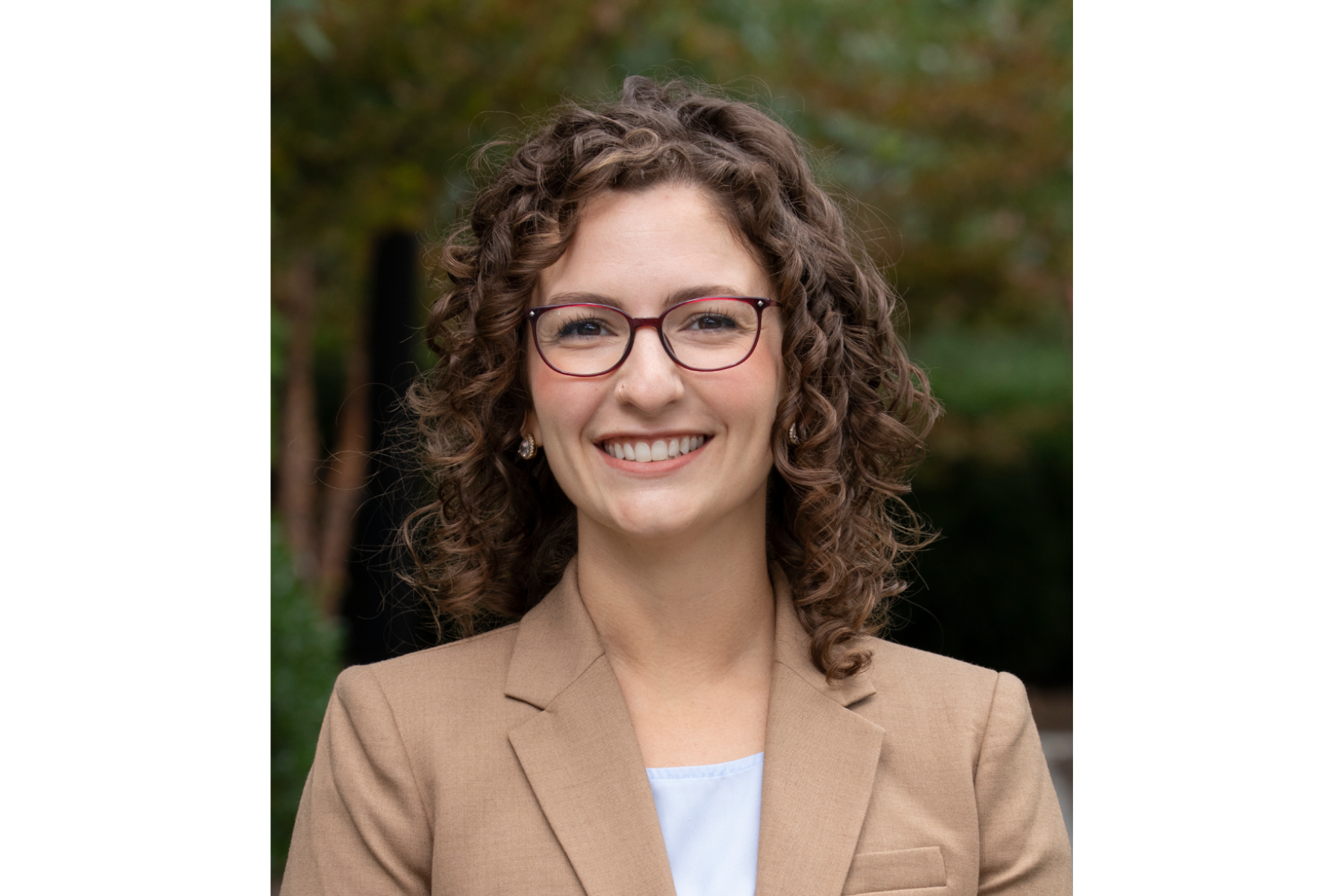As Strategies for Children has been facilitating the work of The Early Childhood Agenda, an effort to strengthen the state’s early childhood system, we have been working with two new project managers, Jeremy Rosen and Amanda Saillant who are helping us build a strong foundation for progress.
We recently asked them to share their stories with us. Here’s more about what Saillant had to say.
Amanda Saillant grew up in Sutton, Mass. She graduated from the University of Massachusetts Amherst with a degree in early childhood education and sociology, and she has a master’s degree in education with a focus on reading and language from the University of Massachusetts Lowell. She also has a master’s degree in education policy and analysis from Harvard’s Graduate School of Education.
In your own words, what is The Early Childhood Agenda?
I describe the Agenda as a collaborative, comprehensive list of priorities and action items to improve the living, learning, and growing conditions for Massachusetts families with young children—and their educators.
I love the Agenda’s interdisciplinary approach and the focus on the early educators who work the most closely with young children and families. This broad approach of centering early educators is a benefit that only an organization like Strategies for Children can use to bring all parties to the table and be the convener that it is!
How have you been supporting the Agenda this summer? What projects have you been working on, and how do they advance the overall effort?
Jumping into the amazing work of the Early Childhood Agenda has been so exciting and educational! We started the summer by getting acquainted with the Agenda and preparing for the June Agenda convening. This was a great introduction to Strategies for Children’s many moving parts and to everything being done by the coalitions and partners who will join and lead the Agenda’s workgroups. For the remainder of the summer, we worked with the Strategies team to create documents, protocols, and procedures to support the launch of the workgroups, recruitment and partnership initiatives, and creative thinking about how each work group might set goals, engage in community dialogue, and work towards their goals by elevating challenges and identifying solutions. Our work on the workgroups’ progress will hopefully create a smoother path to success for the workgroup facilitators and help leaders with lived-experience accomplish their goals.
How have your early experiences informed your work as an adult?
A lot of the issues and questions about children and families that I think about now weren’t widely discussed in Sutton. It was assumed that everyone had enough to make it work.
When my siblings and I were very young, our parents worked opposite shifts to avoid the exorbitant costs of child care. When we got older, our Nana, an older woman in the community, cared for us. Nana lacked formal schooling, but she was warm, and a beloved member of our family. I think a lot about Nana and how she helped my family “make it work” for so many years.
As a society, we view kids’ education and care from ages 5 to 18 as a public good and investment, but before this stage, parents are really left to fend for themselves. And that’s hard! I know my parents felt that way, but at the same time, my mom was pursuing her bachelor’s degree while raising three young kids, making her a first-gen college graduate. The tenacity and perseverance it took for her to do all of those things at once still drive me today.
How did you come to work in the early childhood field?
I started working in early childhood in my very first job. Sutton’s schools are on one K-12 campus in neighboring buildings, and when I was in high school looking for my first part time role, a friend’s mom worked at the After School Care program at the elementary school. I started working there, too, and I thought it was a great first job that wound up being an inspiration for my career.
My most memorable experience—one that I later used to apply for the early childhood education major in college—was teaching a little girl how to tie her shoes. It was so gratifying to help her learn something over time and then be able to see her do it on her own. I left feeling so good about having seen her growth!
I started college without a declared major. Then, I applied to and was accepted into the first revamped cohort of undergraduate early childhood educators at UMass Amherst. It was a tight-knit learning community guided by a really passionate early educator, J. Camille Cammack, who pushed us to see the inequities in the systems that support young children and their families, and to see our roles as educators as important advocates for and with families.
After college, I knew I wanted to be an early childhood classroom teacher, so I joined Springfield Public Schools as a kindergarten teacher, then I worked in Somerville Public Schools as a preschool teacher. I also spent four years working as a kindergarten teacher and a first grade teacher at the Jakarta Intercultural School in Indonesia.
How did your work impact children and families?
As a teacher, I worked hard to learn as much as possible from parents—who are always the experts on their kids—so that I could acknowledge and build on children’s areas of both strength and growth. I worked to value not just the academic growth of my students, but also their personal, social-emotional, and self-esteem growth. I partnered with parents to advocate for their children, finding city resources, suggesting extracurriculars, and identifying language building opportunities—all to affirm parents’ hard work.
Partnering with kids and families was really great for the families I was working with who actually had access to preschool programs. But so many families don’t have access to high-quality early education. I wanted to go back to school to investigate further how communities and states can provide more children with access to high-quality, culturally-affirming experiences and education.
What were you looking for in a master’s degree program?
Coming from abroad, I wanted to ensure that my peers were diverse and that my coursework reflected the experiences of families and educators from across the globe. I also wanted to enroll in a program that provided flexibility in terms of course selection. At Harvard, I was able to enroll in courses at Harvard’s Kennedy School of Government and at the T.H. Chan School of Public Health that helped me consider education not just pedagogically, but also from policy and migration perspectives as well as through the lens of interdisciplinary health and two-generation approaches to supporting families.
I was invited to join the Saul Zaentz Early Education Initiative Fellowship program, which I jumped at because I knew it would provide me with opportunities to learn from and with early childhood experts. Being a part of the Zaentz community has been incredibly enlightening, given me strong professional connections, and encouraged me to think more deeply about the early childhood field’s challenges and policy levers.
What is an academic experience that you are most proud of?
As part of the Zaentz fellowship, I interned with the Zaentz Initiative, conducting a policy landscape analysis and researching innovative practices that states and cities are using to fund high-quality early education experiences. This helped me understand the larger picture of how children are served, and I saw some of the political, policy, and programmatic steps that could be taken to increase quality, access, and funding.



